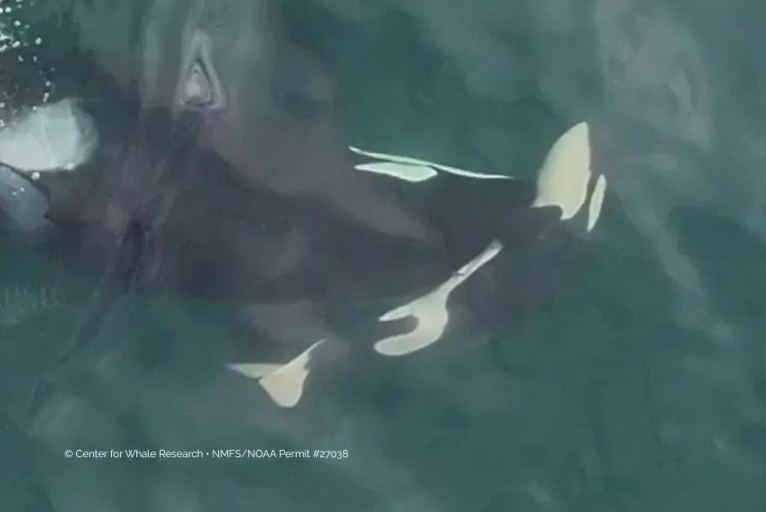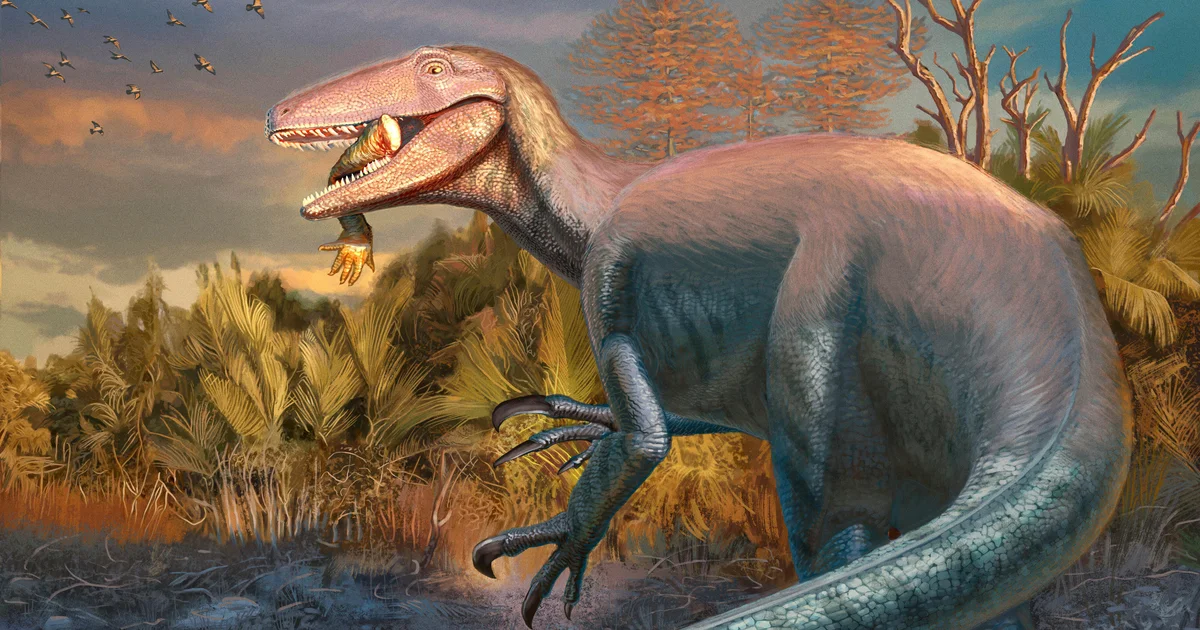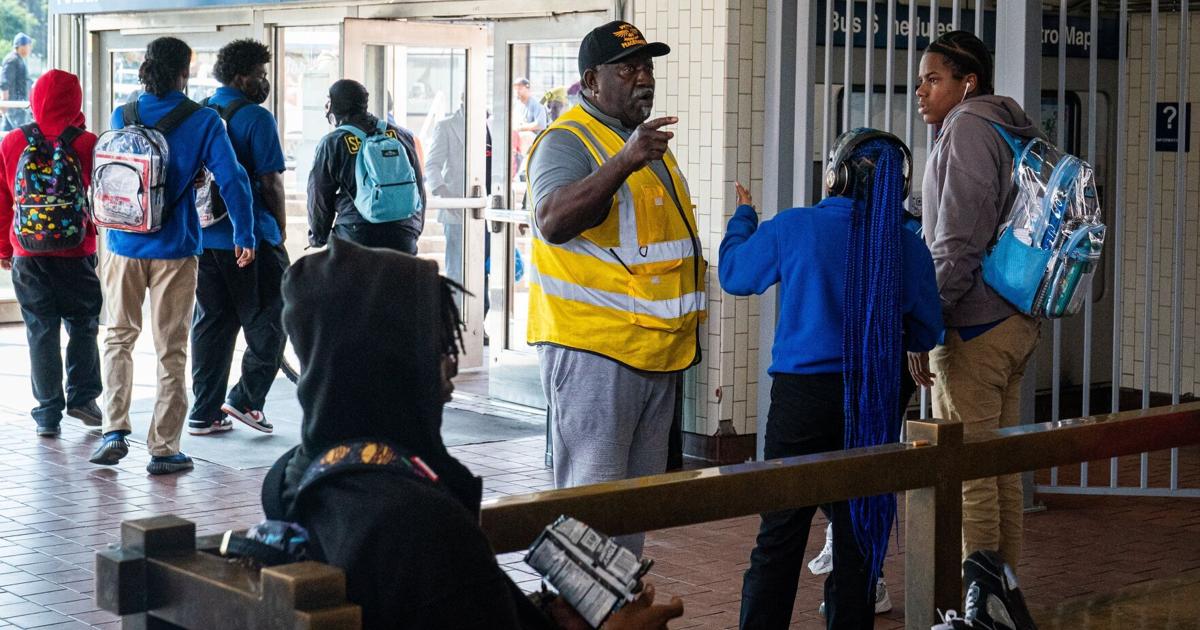
My research continues on the science of forest intelligence, and as one would expect, it is contested science, with a serious dose of scientific criticism challenging what comes forward. There is a lot of untangling to do before I can speak about it. In the meantime I want to update you on the situation regarding Alki and the Southern Resident Orcas’ battle to survive.
As I wrote about earlier, in September another mother Orca, Alki, was spotted pushing her dead calf through the waters of the Salish Sea. Two days later, on September 15th, she was spotted without her calf and it’s assumed she’s released it, which is good news as such exertions place a significant strain on creatures already struggling to survive.
It’s been a rough go for Alki. Prior to losing this calf she weathered three other failed pregnancies—in 2019, 2021 and 2023. In 2015, she gave birth to a male calf that only lived two years. This is the story for this community of whales. They are surely trying to survive, but lack the nutritional resources to reproduce. Their main source of food, Chinook salmon, continue to dwindle in size and number. Whale researcher Deborah Giles points out that “Even as recently as 20 years ago, it was not super uncommon to find a 40-pound Chinook salmon. The average-size Chinook salmon in Washington state now is 12 and a half pounds.”
In my previous piece, I wrote about how in situations like this, society tends to “turn toward science for explanations and answers,” and how this is “on one hand appropriate, yet on another somehow chilling.” I want to be clear this is not a criticism of science, but of how it’s used. Deborah Giles, Science and Research Director for Wild Orca, has been exemplary in explaining what’s happening in clear, human terms.
Rather than resort to abstractions like, “exhibiting loss-related behavior,” she has stated plainly that the grieving we see is indeed that—grieving. The work of the late Ken Balcomb cannot be overestimated for its contribution to our understanding of these whales, but at the end of the governor’s Orca Task Force meetings he said something like, “I don’t know why they invited me, they’ve ignored everything I said.”
This is the danger with what we call “science-based environmentalism.” Science, when it comes to policy, must go through a political process, and that process is hugely influenced by economic interests. And by it’s deliberative, open-ended nature, there’s always the prospect of yet more data to be had, more study to be done. Yet at what point does further study amount to political, and moral, evasion? When it comes to the Southern Resident Orca, and the salmon they depend on, I think we have reached that point, and have been hovering there for a while.
Shortly after my first post about Alki, comments appeared by James R. Martin which were of a different nature. He had seen enough, and been moved enough, to have made a serious and solemn commitment to do everything in his power to save these creatures, a commitments he refers to as a “vow.” A vow is not something we makeeasily. It arises from deep inside us and carries with it huge cost and implications. But it’s also clarifying, for once made matters simplify. The path indicates itself.
Martin believes, as the indigenous people most closely associated with these whales, the Lummi, that Tahlequah and Alki were not only grieving, but communicating to us. As he puts it, “They are extremely intelligent beings who watch us as much as we watch them.” His translation of Alki’s behavior: “I’m hurting. I want our hurt to be honored, recognized, acknowledged by those who follow us around in boats.”
This interpretation is not something that can be proved or disproved by science, and if it were to be attempted, we would arrive at an answer too late. Something else is needed, some sort of leap, something deeply personal and a little wild, a turning point, where postulation ends and commitment begins. A vow.
I honor this vow, and I agree with Martin’s sense that what is happening with these whales is more than a regional issue. It is of national moral significance, if not global. As to how to bring the Orca into national and global consciousness, that is nothing less than daunting, to be sure. But the Orca are doing their part, and what’s required of us isn’t necessarily a ten point plan but an inner stirring, a breaking free of the cement-like structures and certainties that want to claim us.
Those wanting to know more about James’ vision can reach him at [email protected].
Teaser image credit: Center for Whale Research. NMFS/NOAA. Permit number 27038.



